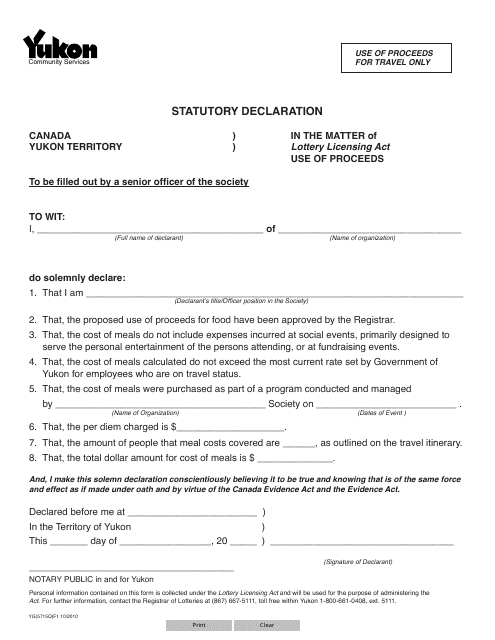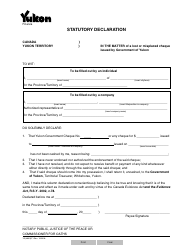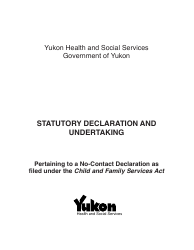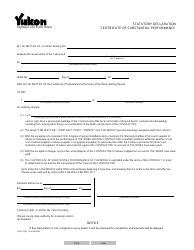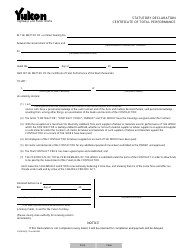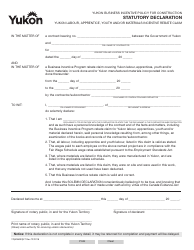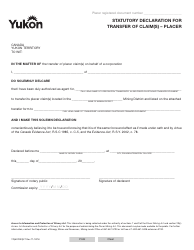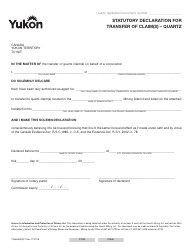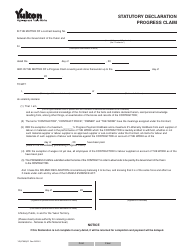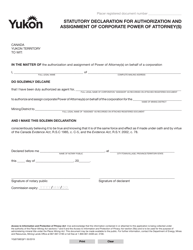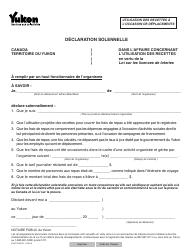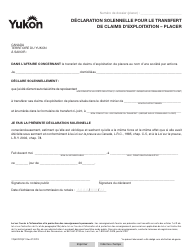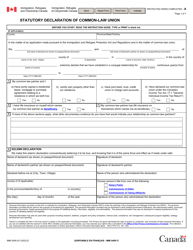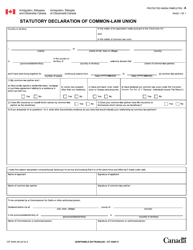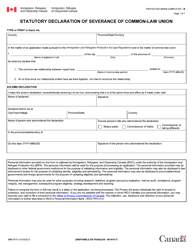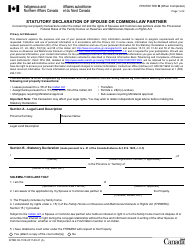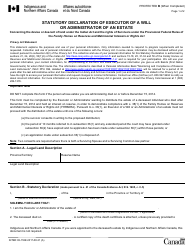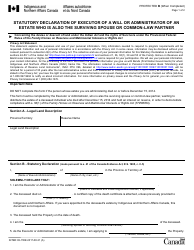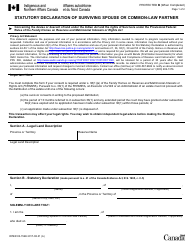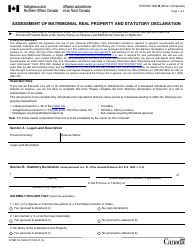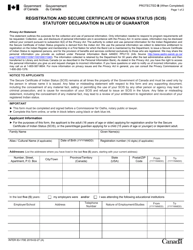Form YG5715 Statutory Declaration - Yukon, Canada
Form YG5715 Statutory Declaration - Yukon, Canada is used to make a sworn statement in the Yukon Territory of Canada. It is typically used for legal or administrative purposes and requires the declarant to confirm the truthfulness of the information provided.
The Form YG5715 Statutory Declaration in Yukon, Canada is typically filed by individuals who need to make a sworn statement or declaration under oath. This could include individuals involved in legal proceedings, immigration matters, or other situations where a formal declaration is required.
FAQ
Q: What is form YG5715?
A: Form YG5715 is a Statutory Declaration specific to the Yukon territory in Canada.
Q: What is a Statutory Declaration?
A: A Statutory Declaration is a written statement that confirms the truthfulness of certain facts, made under oath or affirmation.
Q: Who can use form YG5715?
A: Form YG5715 can be used by individuals residing in the Yukon territory of Canada who need to make a Statutory Declaration.
Q: What is the purpose of form YG5715?
A: The purpose of form YG5715 is to legally affirm the truthfulness of certain information or facts in the Yukon territory.
Q: Can I use form YG5715 for other provinces or territories in Canada?
A: No, form YG5715 is specific to the Yukon territory and may not be accepted in other provinces or territories.
Q: Do I need to submit form YG5715 to any specific authority?
A: Yes, form YG5715 may need to be submitted to the appropriate authority or organization requiring the Statutory Declaration.
Q: Are there any fees associated with form YG5715?
A: There may be fees associated with form YG5715. You should check with the relevant authority or organization for any applicable fees.
Q: What should I do if I have questions or need assistance with form YG5715?
A: If you have questions or need assistance with form YG5715, you can contact the appropriate authority or seek legal advice.
Q: Is form YG5715 legally binding?
A: Yes, form YG5715 is legally binding once it is signed and sworn or affirmed before a commissioner for oaths, notary public, or other authorized person.
